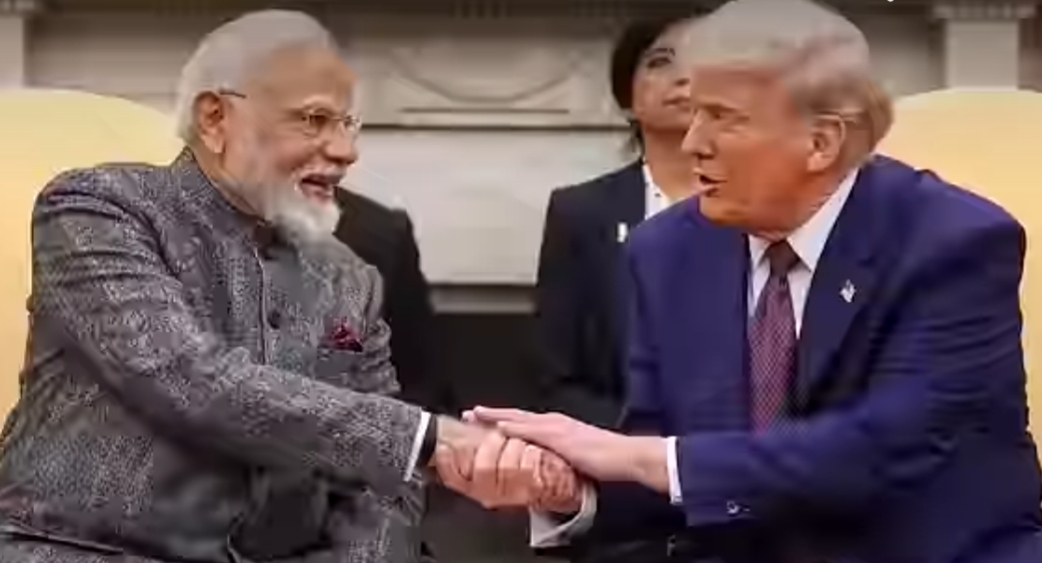NEW DELHI: In a move that has sent shockwaves through the global tech industry, U.S. President Donald Trump has announced the imposition of a $100,000 annual fee on H-1B visa applications, a sharp escalation from the current registration cost of a few hundred dollars. The decision has triggered heated political debate, legal scrutiny, and alarm among top American companies that rely heavily on skilled foreign talent.
The Trump administration has defended the drastic fee hike as part of its agenda to protect American jobs and compel companies to hire more domestic workers. Commerce Secretary Howard Lutnick argued that the new measure would “ensure that only rarefied skill sets qualify for H-1B sponsorship” and reduce dependence on cheaper foreign labor.
However, legal experts across the United States say the order is on shaky ground. The Immigration and Nationality Act (INA) authorizes U.S. Citizenship and Immigration Services (USCIS) to set fees to recover the costs of processing immigration petitions. Critics point out that while cost recovery is a valid legal basis, a $100,000 charge per application far exceeds any plausible administrative expense.
“Such an extraordinary fee looks less like cost recovery and more like a deterrent,” said a Washington-based immigration attorney. “That could make the order vulnerable to being struck down as exceeding statutory authority.”
Analysts expect lawsuits challenging the proclamation under the Administrative Procedure Act (APA), which requires rulemaking to be reasonable, evidence-based, and procedurally sound. If courts find the fee arbitrary, disproportionate, or unsupported by cost studies, it could be overturned. Congress, too, may assert that such a sweeping policy change goes beyond the executive’s delegated powers.
The business community has reacted with alarm. Technology giants and U.S. corporations dependent on foreign engineers warn that the measure could choke innovation, force operations overseas, and erode America’s edge in global competition. India, which accounts for more than 70 percent of H-1B beneficiaries, is expected to be hit hardest, with its IT services and outsourcing sector facing steep new costs.
Observers say the legal sustainability of Trump’s decision is doubtful. Past fee adjustments have always been tied to documented administrative costs, not punitive pricing. Unless the administration can convincingly prove that the $100,000 fee reflects genuine adjudication expenses, courts are likely to view the move as overreach.
For now, the proclamation has injected uncertainty into U.S. immigration policy, rattling both American businesses and thousands of foreign professionals who see the H-1B program as their gateway to the world’s largest economy.
(Writer is Senior Journalist and Political Commentator)
Picture credit Social media






